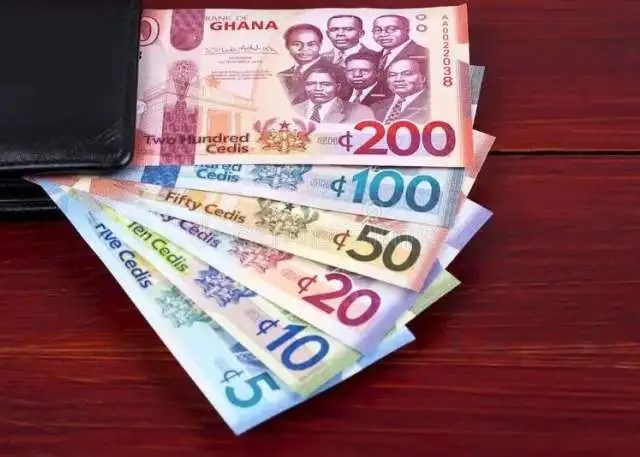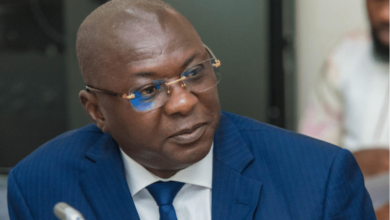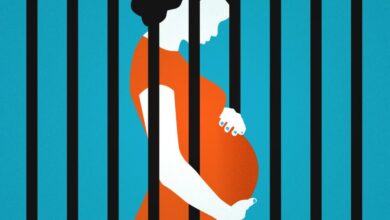1 in 6 Ghanaians paid bribes to public officials in 2024 – GSS report

The report further sheds light on the disproportionate impact of bribery on vulnerable groups. While employed individuals made up the majority of those who admitted to paying bribes (75.6%), it was the unemployed who bore a heavier cost in relative terms.
A significant 22.4% of unemployed respondents reported paying more than GH¢1,000 in bribes—a figure that raises critical concerns about the accessibility and fairness of public services.
People with disabilities also faced a high burden of corruption. About 21% of respondents with disabilities reported paying bribes, with the rate climbing to 40.1% for those with physical impairments and 32.5% for individuals with visual disabilities.
These findings suggest systemic inequalities that hinder equal access to public services.
The types of bribes ranged beyond just money. Though cash dominated at 85.2%, other forms of inducement included food, drinks, animals (9%), and favours or services (4.4%).
Many respondents disclosed they paid between GH¢101 and GH¢500, while 14% admitted to parting with sums exceeding GH¢1,000.
Interestingly, the report reveals that nearly one in five bribes (17.3%) were offered voluntarily—either to speed up service or show appreciation. However, the low rate of formal reporting (14.5%) underlines a lack of public confidence in grievance mechanisms or fear of retaliation.
The GSS hopes that the bi-annual Governance Series will help track changes in bribery trends over time and guide reforms as Ghana prepares for its third Voluntary National Review of the Sustainable Development Goals in July 2025.




